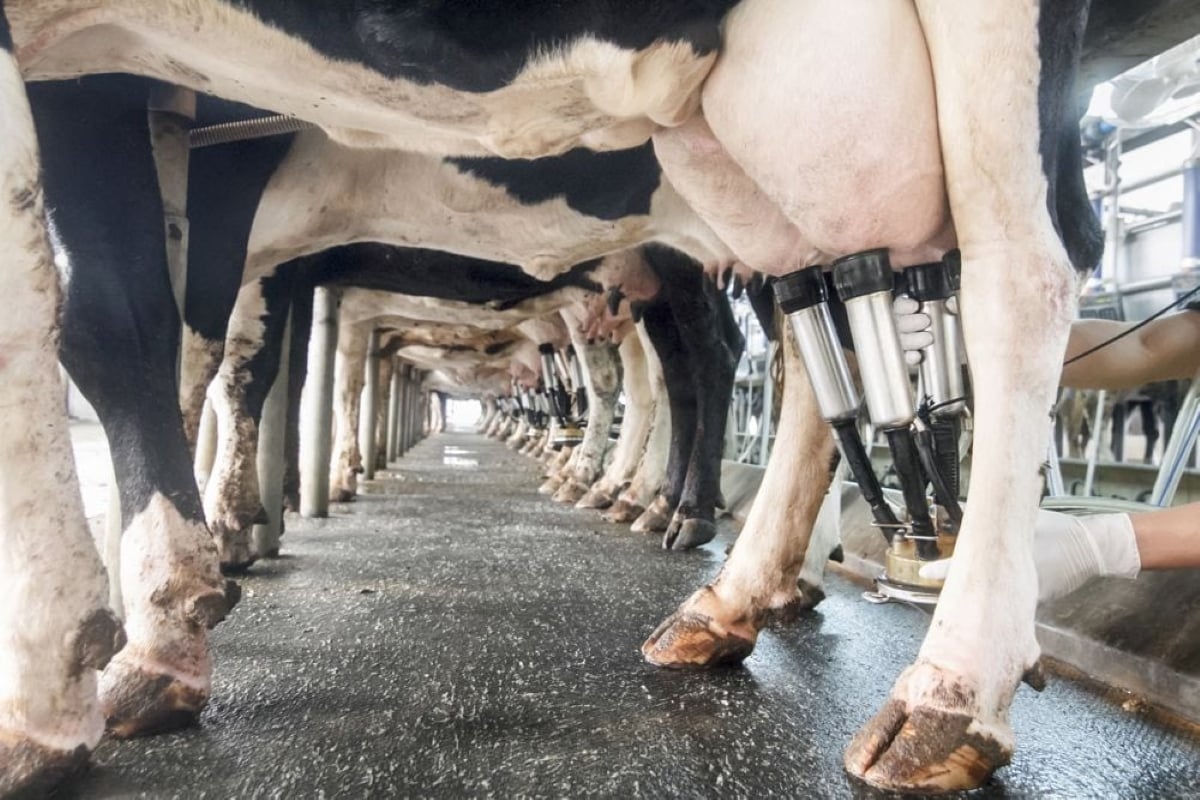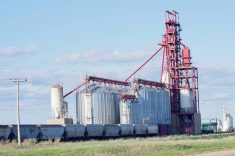PORTAGE LA PRAIRIE, Man. — Farmers concerned about changes to the Plant Breeders’ Rights Act should be worried about more than just royalties, says a Manitoba farm leader.
Bill Uruski, chair of Manitoba Turkey Producers and a former NDP MLA, said farmers need to understand how Canada’s adoption of UPOV 91, an international convention on plant breeders’ rights, could affect the broader seed industry.
Uruski told a Keystone Agricultural Producers meeting in Portage la Prairie April 11 that farmers shouldn’t obsess about plant breeder royalties and how UPOV 91 will alter royalties on seed.
Read Also

Farm gate milk price to rise in 2026
The Canadian Dairy Commission will raise its farm gate milk price by 2.3255 per cent in February, the Crown corporation announced on Friday.
He said the bigger issue is control over research and germplasm.
“Who is this legislation setting up to have control?” Uruski said.
“How many seed companies will be able to still market seed, if in fact the germplasm is controlled by relatively few hands…. If they (companies) control the germplasm, then they control the entire seed industry. It won’t matter whether a small company develops some new seed variety because if (companies) control the marketing, how do you get it into their system?”
The federal government announced in December its intention to adopt UPOV 91 as part of an omnibus bill known as the Agricultural Growth Act.
UPOV 91 alters how seed companies collect royalties on their technology. Under the changes, farmers will be allowed to save seed, but companies can collect the plant breeders’ royalty when a farmer sells a crop grown with the seed.
Farmers now pay up front for the intellectual property.
Rob Brunel, chair of KAP’s grain and oilseeds committee, agreed that UPOV 91 is bigger than royalties.
“As a producer … we don’t want to lose public control of that germplasm,” he said.
“Not that we have control, but who owns that and how do we maintain some control?”
The committee has consulted with industry experts to understand the implications of UPOV 91.
Most cereal growers don’t want to move to a canola type system, where private companies hold all the cards, Brunel said.
“I don’t want to pick on the canola model, but everybody refers back to the canola model: the control of the seed to the end point,” he said.
“If a certain company owns the seed and is doing the end marketing, (then) they control exactly what they’re willing to buy…. That’s the game changer…. This is the variety you’re going to grow and I’m going to buy it from you because that’s all I’m going to buy. There’s no bargaining power.”
KAP doesn’t have an official position on UPOV 91, but KAP president Doug Chorney said the impending legislation is a mixed bag, including both risks and opportunities for Canadian growers.
“(There is) potential here for farmer ownership of varieties,” he said.
“(It) does give the opportunity for farmers to benefit as well.”
Chorney said Bill C-18, the Agricultural Growth Act, contains a myriad of amendments to the Seeds Act, Fertilizer Act, the Plant Protection Act and a long list of other legislation.
“It’s very difficult to understand all of these changes because … it truly is an omnibus agricultural bill,” he said.
KAP’s grain and oilseeds committee has been studying UPOV 91 and other aspects of the Act.
“I think we have a much better understanding (now) of what UPOV 91 means than we did before.”
Chorney said KAP plans to speak on Bill C-18 when it reaches the committee stage in Ottawa.
Don Dewar, a producer from Dauphin and chair of the Manitoba Wheat and Barley Growers Association, said farmers shouldn’t obsess about the bill and the impending legislation because the “devil is in the details.”
Farm groups will have an opportunity to shape Canada’s version of UPOV 91 when the regulations are written, he said.
“We’re probably at least three years away from implementation of the regulations,” he said.
“That’s where we have to be vigilant and make sure we get the regulations that are good for us and not just good for the other side of the industry.”
Chuck Fossay of Starbuck agreed, saying it will be nearly impossible to change Bill C-18.
Brunel said farmers may be able to influence the regulations but should also lobby for appropriate changes to the bill.
“I think we need to start expressing our concerns … right from the start,” he said.
“I hope there are opportunities (later) to keep steering that ship in a direction that benefits producers as well as industry.”
Brunel said farm groups need to get on the same page and present a unified front on UPOV 91. Otherwise, the message will be lost in all the noise.
“The fate of this will hinge on whether we can band together as producers and find some good in this change.”















